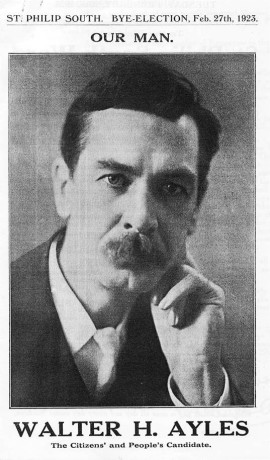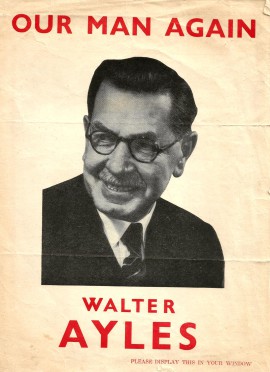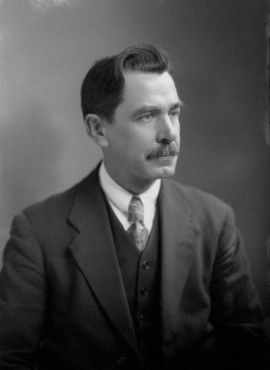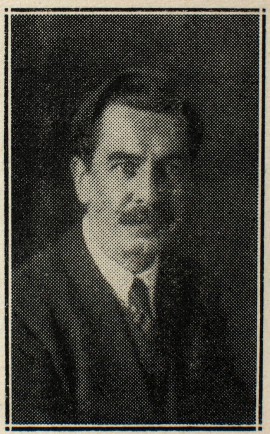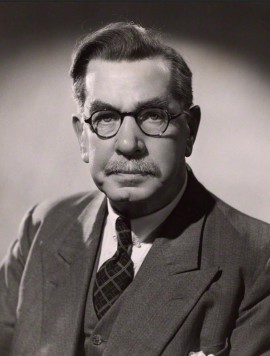If I believed in the efficacy of slaughter to remedy evils, I would long ago have advocated the killing of those who, year after year, have been responsible for the sweated, the starved, the slummed. I know however, in my heart of hearts, that slaughter being wrong is no remedy.
Walter Ayles, 1916
In 1916 Walter Ayles was arrested for distributing Repeal The Act – a pamphlet calling for the repeal of the Military Service Act under which conscription was introduced. He was imprisoned by Bristol magistrates court to 61 days in prison
Ayles was born in 1879 in Lambeth, South London, He moved to Birmingham where he worked as an engineer and was district secretary for the Associated Society of Engineers.
In 1910 he moved to Bristol to become local organiser for the Independent Labour Party. In 1912 he was elected city councillor for Easton. Shortly after his election he published Bristol’s Next Step, arguing that transport, gas and water “must not be entrusted to private individuals any longer, but must be placed in the hands of the people themselves.”
In 1914 when war was declared he was the only councillor to vote against a motion offering ‘wholehearted support’ for the war. He was a founder member and national executive member of the No-Conscription Fellowship.
After his imprisonment for distributing Repeal The Act Ayles was conscripted. Like hundreds of other men from Bristol and the surrounding area who opposed the war on moral, religious or political grounds he applied for conscientious objector status at a Military Service Tribunal. This was refused and he was handed over to the military. Refusing to wear a uniform, he was court-martialled and served 112 days in prison with hard labour. On release he was conscripted again and imprisoned again. Overall he was imprisoned from April 1916 to February 1919. While Ayles was in prison, his wife Bertha, like many other COs relatives played a leading part in supporting him and continuing to oppose conscription and the war.
After his release from prison, Ayles returned to Bristol and was elected MP for Bristol North in 1923. He became a Quaker, published The Hell of Unemployment and, after losing his seat in the election of 1924, won it back in 1929 holding it until 1931. In 1945 he was elected as MP for Southall, finally moving to the constituency of Hayes and Harlington in 1950. He resigned his seat in 1953 and died in the same year aged 74.
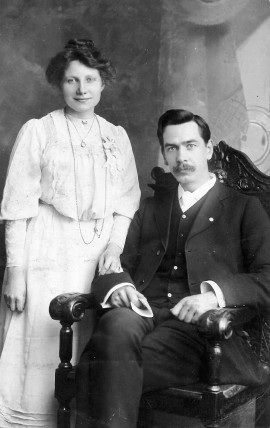
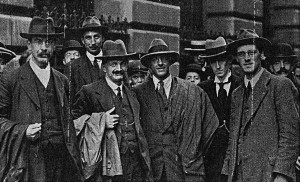
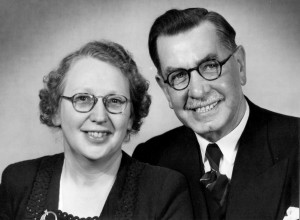
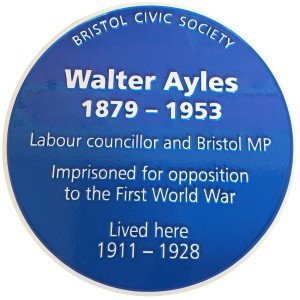
There is a Bristol Radical Pampheteer pamphlet about Walter Ayles by Colin Thomas called Slaughter No Remedy. You can find more information about Bristol’s Conscientious Objectors on the Bristol’s WWI Conscientious Objectors project page.
